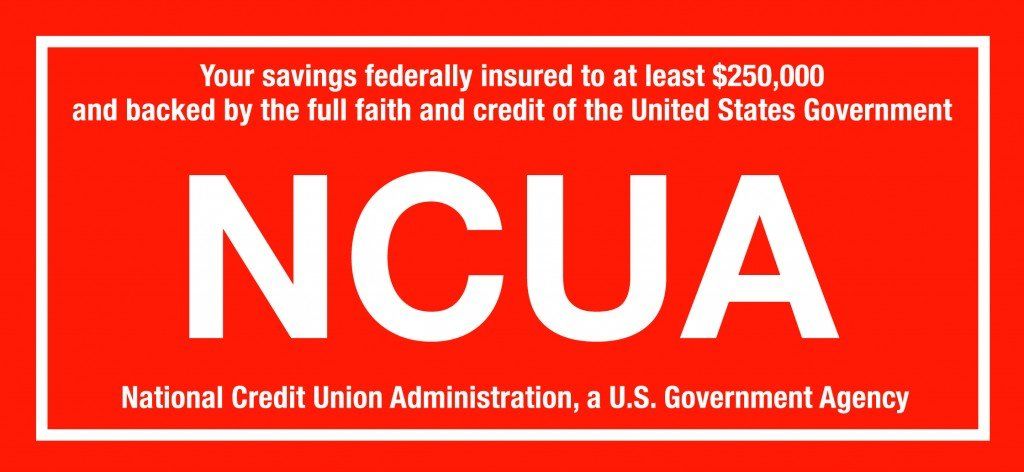Gift Card Scams


In 2022, almost 49,000 people were conned out of nearly $228 million in gift card scams, says the FTC. This number is staggering, considering total gift card sales for 2023 were estimated at being almost $29.3 billion. That is a lot of money being stolen from the hands of hard working consumers. The rise in gift card scams isn't by chance. Cards like these are an easy target, as they are almost completely untraceable, meaning once the money is gone from the card, it is virtually impossible to recover or find out who stole it.
Empty Gift Cards?
The most popular form of gift card scam in 2023 was the "Gift Card Draining" scam. In this scenario the thief obtains a gift card's numbers and drains the funds from it before it is able to be used. The scammer can hack the card before it is even purchased, then put it back on the shelf! Then as soon as it is purchased and activated, the funds are wiped from the card, often times before it is even gifted by the purchaser. They do this several ways. One of the easiest ways is to take the card number and PIN, then spend the funds as soon as there is money loaded to them. Another way is to replace the barcode on the card, routing any funds directly to the hacker's bank account.
How do I avoid this?
The first tip to avoid nearly any scam is to be aware.
- Before your purchase any gift card, look at it. Make sure the packaging is in tact and the protective tape covering the PIN is still there.
- Look for any extra barcodes that don't seem to belong there. Scammers are using this to route the funds directly into their accounts instead of on to the card.
- Try purchasing your gift cards from right at the register or near it. Stands located along aisles are more at risk for being hacked. It is much harder to scan a barcode and put the card back when it is right at the register.

Other Gift Card Scams
There are many other ways that a scammer can get funds from you using gift cards. In these instances, they find a way to convince you to purchase gift cards and give them the numbers. Most people think they could never be so gullible, however even some of the smartest consumers have been fooled by a suave scammer.
Some common stories used are:
- They are from the government. Scammer will call saying they are from a government entity (IRS, FTC, SSA, etc.). You have past due taxes or fees that they are owed and you must pay NOW to avoid further action.
- They are from tech support. You will get a call stating there is a virus on your computer or mobile device, and they need payment and/or remote access in order to save you from irreparable damages.
- You won a prize! Scammers will call to tell you that you've won a prize, lottery, trip, giveaway. All you need to do is pay the taxes or upfront fees in order to receive this grand prize.
- They are from a utility company. The caller states they are from a utility company, and threatens to shut off your services, demanding payment immediately to avoid these measures.
Some common tactics used are:
- Urgency. The caller will press you to reject common sense thinking by forcing a sense of urgency on you. The feeling that you need to make an immediate decision often prevents you from thinking clearly.
- Objection. The scammer will seem to have an answer for everything. They will know just enough information about you to be believable, and the phone call will likely catch you off guard, leaving you unprepared to ask questions that will be above objection.
- Authority. They will direct you exactly where to buy and what you need to purchase. They will do so in such a way that often consumers are afraid to argue with someone in a position of authority.

Time Out!
If you are in a situation and any of this starts to sound familiar, STOP! In most cases, immediately hanging up the phone will stop the situation right away, and avoid any possible damage. If you have already given out personal information to the caller, now would be the time to start examining what might be at risk. Refer to our Fraud Prevention Checklist for steps you may want to take to ensure the safety of all your accounts. Change passwords if necessary, and keep an eye on your accounts and credit reports (all depending on how much information you gave the caller). Most importantly, the moment you realize the person you are talking to might be a scammer, stop what you are doing and hang up the phone.
The Bottom Line...
Getting scammed is not something we ever want to think about happening, but the reality is it's possible, no one is immune. Doing your best to know your surroundings, making smart choices, and pressing pause as soon as something feels off will ultimately save you time and headaches. Be your own best asset, educate yourself to reduce your risk of compromising personal sensitive information.

